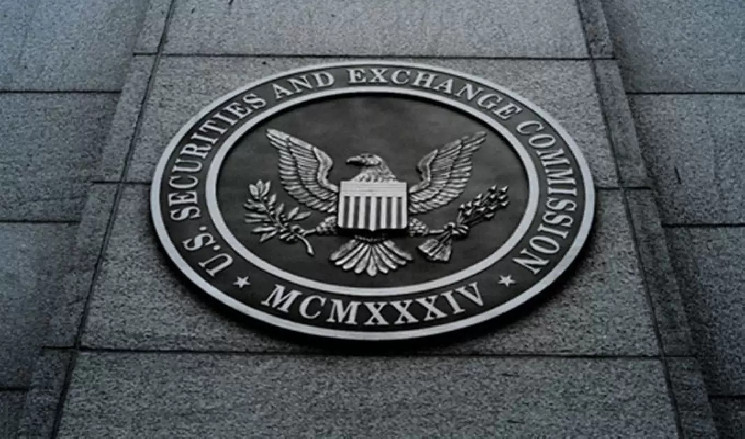Changes Ahead for Cryptocurrency Regulation at the SEC
The U.S. Securities and Exchange Commission (SEC) is on the brink of significant changes in its approach to regulating the cryptocurrency industry as leadership transitions take place, according to statements from current commissioners.
New Leadership, New Direction
With SEC Chairman Gary Gensler set to step down and awaiting Senate confirmation of President-elect Donald Trump’s nominees, the agency will soon operate with a reduced team of commissioners. Republican Commissioners Hester Peirce and Mark Uyeda will be the sole remaining members during this transition period.
Peirce emphasized the importance of enforcement as a tool for regulation in the cryptocurrency space. She hinted at potential shifts in the types of cases pursued by the SEC with changes in the composition of the commission.
Transparency and Public Input
Commissioner Uyeda stressed the significance of transparency and public participation in shaping SEC policies. He highlighted the role of the Administrative Procedure Act in soliciting public comments on regulations to ensure accountability.
“It is our duty to the American people to maintain this level of transparency,” Uyeda affirmed.
Challenges and Concerns
Uyeda also expressed concerns about guidance issued by SEC staff without public consultation, citing the controversial Staff Accounting Bulletin (SAB) 121. The policy, which required digital asset custodians to disclose liabilities and assets on their balance sheets, faced opposition from Congress and was ultimately vetoed by President Biden.
Commissioner Peirce acknowledged the challenges in effecting change but remained optimistic about the possibility of steering the SEC back on course. She emphasized the collective effort required to navigate the evolving regulatory landscape.
Anticipated Shift in Regulatory Approach
The impending leadership changes at the SEC could signify a departure from the agency’s enforcement-centric strategy towards cryptocurrency regulation.
As the SEC prepares for a new chapter under revised leadership, the cryptocurrency industry braces for potential shifts in regulatory focus and enforcement priorities.
Disclaimer: This article does not constitute investment advice.

